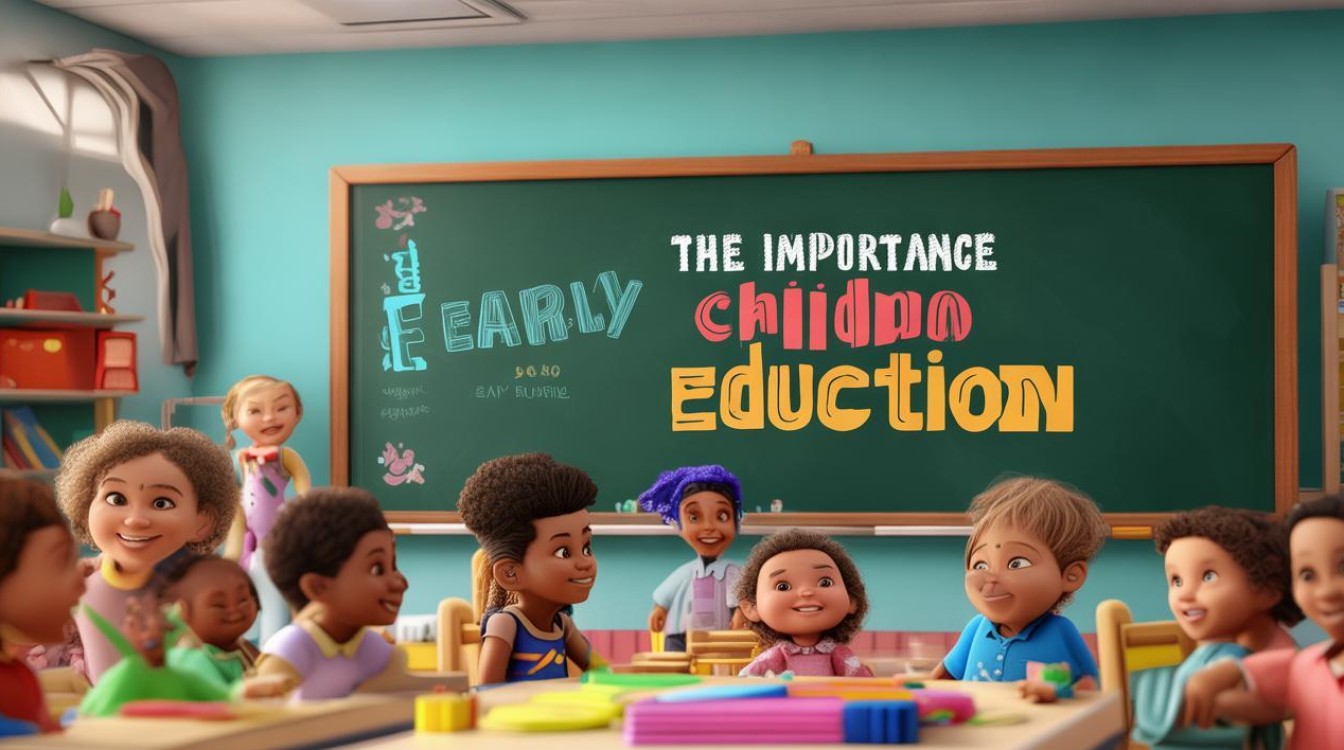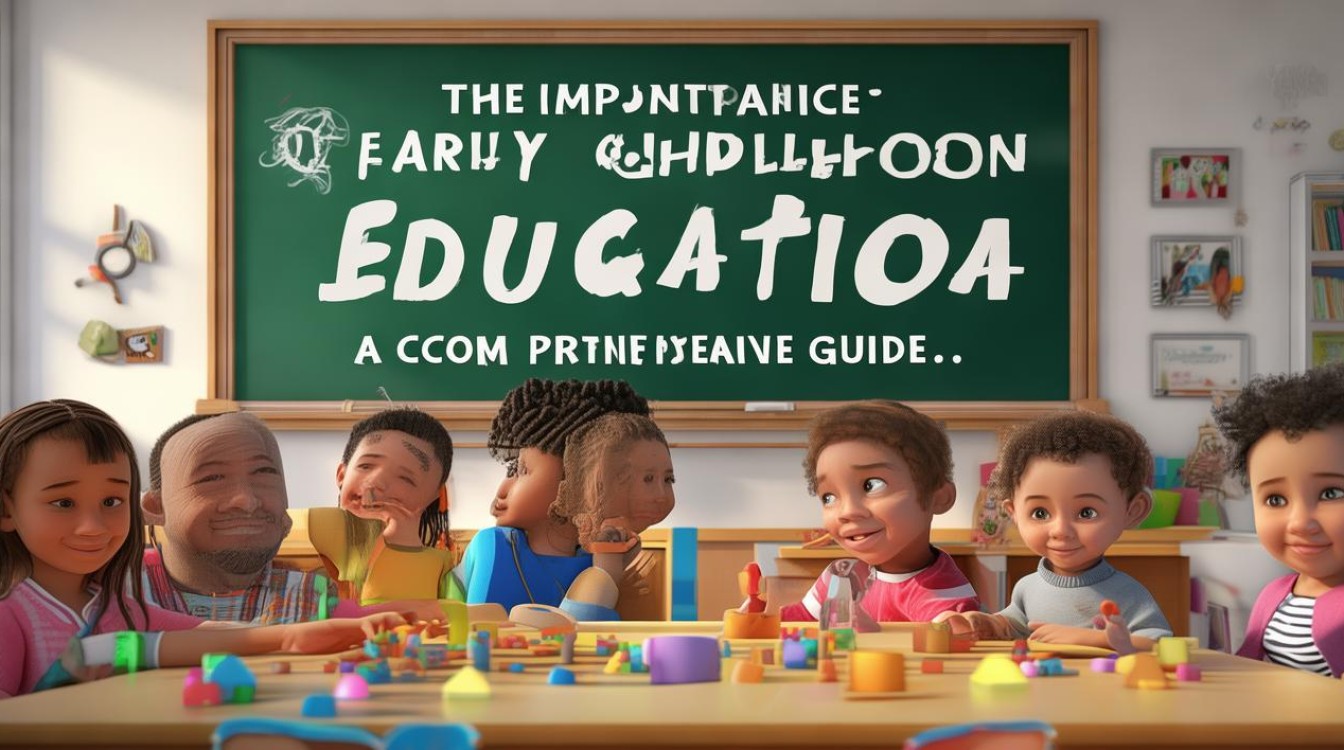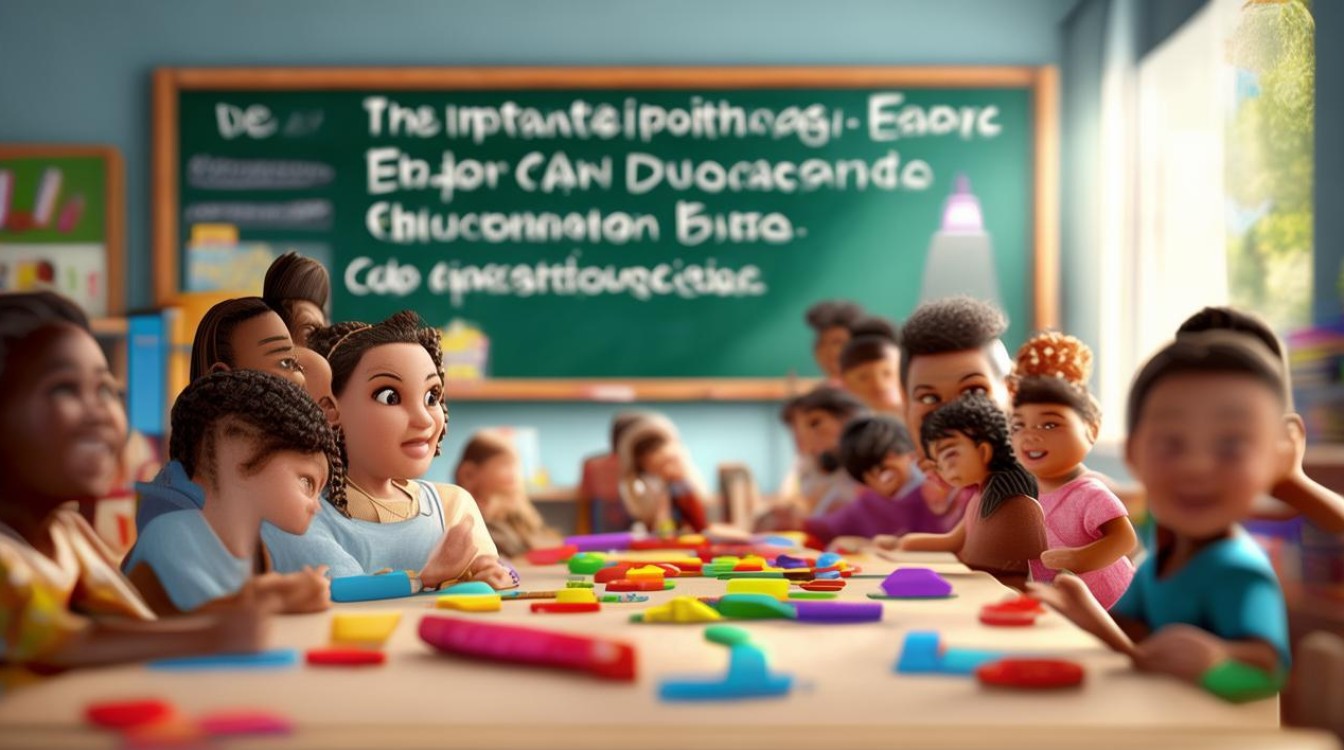Childhood is a critical period for cognitive, emotional, and social development. High-quality early childhood education lays the foundation for lifelong learning, health, and well-being. This article explores the significance of child care, effective teaching methods, and practical tips for parents and educators.

Why Early Childhood Education Matters
Research consistently shows that the first five years of a child’s life are pivotal for brain development. During this time, children absorb information rapidly, forming neural connections that shape their future abilities. Quality early education programs enhance language skills, problem-solving, and emotional regulation. Studies from Harvard University indicate that children who attend preschool are more likely to excel academically and exhibit better social skills.
Key Components of Effective Child Care
-
Structured Learning Through Play
Play is not just fun; it’s a powerful educational tool. Activities like building blocks, storytelling, and role-playing foster creativity, teamwork, and critical thinking. Montessori and Reggio Emilia approaches emphasize child-led exploration, allowing young learners to develop independence while acquiring knowledge. -
Social and Emotional Development
Children need safe environments to express emotions and build relationships. Educators can encourage empathy by modeling positive behavior and guiding conflict resolution. Programs incorporating mindfulness exercises, such as breathing techniques, help children manage stress and improve focus. -
Language and Literacy Skills
Reading aloud daily expands vocabulary and comprehension. Interactive discussions about stories stimulate curiosity and analytical thinking. Bilingual education, where applicable, offers cognitive advantages, including improved memory and multitasking abilities. -
Physical Health and Nutrition
Balanced diets and regular physical activity are essential for growth. Outdoor play strengthens motor skills, while nutritious meals support brain function. Child care centers should collaborate with parents to promote healthy habits at home.
Challenges in Modern Child Care
Despite its benefits, early childhood education faces obstacles. Accessibility remains a concern, with many families unable to afford quality programs. Governments and nonprofits must invest in subsidies and community initiatives to bridge this gap.
Another challenge is retaining skilled educators. Low wages and high stress lead to turnover, disrupting children’s learning continuity. Advocating for better pay and professional development can improve retention rates.
Tips for Parents and Caregivers
-
Engage in Active Learning
Turn everyday moments into lessons. Counting groceries or discussing nature during walks reinforces concepts naturally. -
Limit Screen Time
Excessive exposure to digital devices hinders attention spans. Opt for interactive toys and hands-on activities instead. -
Foster a Love for Reading
Create a cozy reading nook and let children choose books that interest them. Ask open-ended questions to deepen understanding.
-
Prioritize Emotional Support
Validate feelings and teach coping strategies. Phrases like “I see you’re upset; let’s talk about it” build trust and resilience.
Global Perspectives on Child Care
Countries like Finland and Sweden prioritize early education, offering free or low-cost programs with highly trained staff. Their focus on play-based learning and minimal standardized testing yields impressive outcomes, including high literacy rates and student satisfaction.
In contrast, some regions lack infrastructure, relying on informal care arrangements. International organizations like UNICEF work to improve conditions by training caregivers and supplying educational materials.
The Future of Child Care
Technology, when used responsibly, can enhance learning. Educational apps with adaptive algorithms personalize lessons, while virtual classrooms connect children in remote areas. However, human interaction remains irreplaceable for nurturing emotional intelligence.
Policy changes are also crucial. Expanding parental leave, increasing funding for public preschools, and supporting inclusive education for children with disabilities will create equitable opportunities.

Quality child care is not a luxury—it’s a necessity. By investing in early education, society ensures brighter futures for individuals and stronger communities. Parents, educators, and policymakers must collaborate to build systems that nurture every child’s potential.
The journey of learning begins in infancy, and the choices made today shape tomorrow’s leaders. Let’s commit to giving children the tools they need to thrive.

